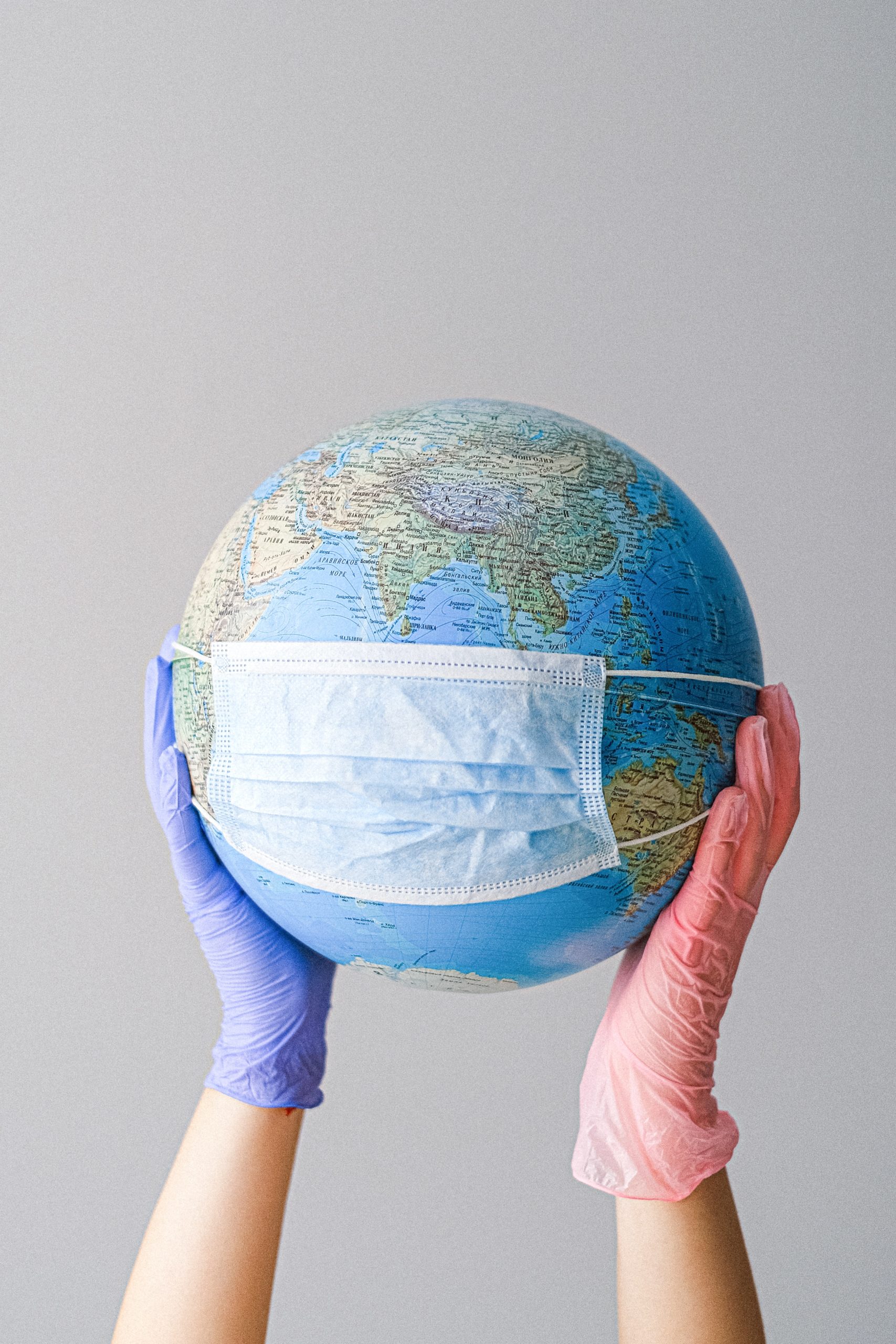
There are a number of things people in the Charlotte community have in common, we call the city “uptown” versus “downtown,” we have a love for culinary, and we’re experiencing rapid growth and increased traffic by the day. Additionally, when it comes to our homes and our places of work, everything was manufactured and transported for us to purchase it. What many people may not know is Baoding, People’s Republic of China became a Sister City of Charlotte in 1987, the Charlotte region is home to over 50 Chinese companies, the investments from China have resulted in over 2,500 jobs across the Charlotte region (according to the Charlotte Regional Business Alliance), China is one of North Carolinas top trade partners, and North Carolina depends on global markets as over $2 billion of goods are exported to China.
Charlotte can handle large events like the Democratic and Republican National Conventions and NBA All Star games, however, are we prepared for an epidemic? Do we have the resources and supplies to handle coronavirus with double digit numbers? Are our hospitals prepared for an influx of patients? Is our city prepared for pandemonium? Do we have the ability to absorb the impact of coronavirus and bounce back? It just takes one person to land at the Charlotte airport, which is one of the top 10 busiest airports in the world, and spread the virus to a few employees before the city and the county would be impacted. Additionally, Charlotte is headquarters to a number of businesses, to include Asfalis Advisors, which means many business leaders have a vested interest in the viability of the safety and security of the region.
To date, the 2019 novel Coronavirus (2019 – nCoV) has killed more people than SARS, over 900 people have died in China, the country has over 40,000 confirmed infections, and the virus has spread to over 25 countries. Global trade shows and conventions have been cancelled, airlines stopped flights to China, a travel ban has been issued, and an infectious disease outbreak that was once considered impossible is now possible effecting human lives and global trade. In 2017, I was selected to attend the U.S. – China Entrepreneurs Forum for Innovation and Economic Opportunities in Shenzhen, China. The experience lends to my unique perspective to the delicacy of international trade and the impact it has on global supply chains.
When I was in Shenzhen, China, three years ago, it was an active population of over 12 million people. Unfortunately, the 2019 – nCoV makes the city look like a ghost town today. Shenzhen was once a shipping town and over the past 30 years it has grown into a global tech center that many technology companies are solely dependent on. China is home to 7 of the 10 busiest container ports, and it is a vital factor of the global supply chain. From a manufacturing perspective, if one part is missing, you can’t build the product. Many countries depend on China for parts that are transported and then assembled in other locations.
A number of brands have announced closures to include Starbucks who closed over 2,000 stores in an attempt to stop the virus, as China is the company’s largest market outside of the United States. McDonalds announced store closures, WeWork temporarily closed 100 buildings, and Hyundai suspended operations in South Korea due to a lack of parts coming from Chinese factories, which put 25,000 workers on forced leave and partial wages.
If you do an inventory of your home, office, and grocery stores, you will find a majority of the goods we purchase are made or assembled in China. Some common Chinese manufactured or assembled items include: hair, prescription drug ingredients, formal wear, undergarments, baby and maternity clothes, hats, pet and children’s toys, spices, herbs, canned foods, drones, handbags, briefcases, book bags, reusable grocery bags, wallets, LED screens, radios, clocks, GPS systems, power adaptors, lamps, tractors, chain saws, elevators, hotel furniture, window blinds, cars, and more.
As 2020 ushered in, the United States and China were coming off of a global two-year trade war where some American industries in agriculture, transportation, and manufacturing felt the heat and experienced a decline. In 2019, the residents of Hong Kong protested the government over a controversial bill, which led to over six months of protesting. The protests sent Hong Kong into a recession, small businesses were forced to close, people lost their jobs, millions of protestors shut down the Hong Kong airport, and as a financial hub the effects of Hong Kong were felt around the world. Global trade impacted our ability to receive affordable products from China, protests in Hong Kong required many American companies to pull their employees from the island. Now, 2019 – nCoV has elevated the operational dependencies in the global supply chain and the tangible impact many organizations feel as a result.
2019 – nCoV is evidence that business continuity is more than just a plan. It’s a strategy that results in life and death for your people, businesses, and government. Contingency strategies are all about your recovery capabilities. When it’s time to put the plan in motion, you should only be executing, not planning. Whether coronavirus continues to spread across the United States or not, this should be a wakeup call to leaders that global supply chains will still be disrupted as a result of interdependencies in international trade. Your employees, customers, and suppliers have an expectation that you are making investments in the viability and sustainability of your organizations and are building a resilient operation. Every leader wants to leave a legacy, start today by strengthening your legacy through business continuity.
Vanessa Vaughn Mathews is the founder and chief resilience officer of Asfalis Advisors, a crisis preparedness and risk mitigation professional services advisory company. Vanessa has a background in crisis preparedness and business continuity in public and private sector organizations. Vanessa was selected as 1 of 50 women across the United States as a Global Innovation Fellow by the U.S. State Department in Shenzhen, China due to her international business experience in 2017. Additionally, Vanessa was the 1st female in the state of Georgia to graduate with a degree in Homeland Security and Emergency Management.



